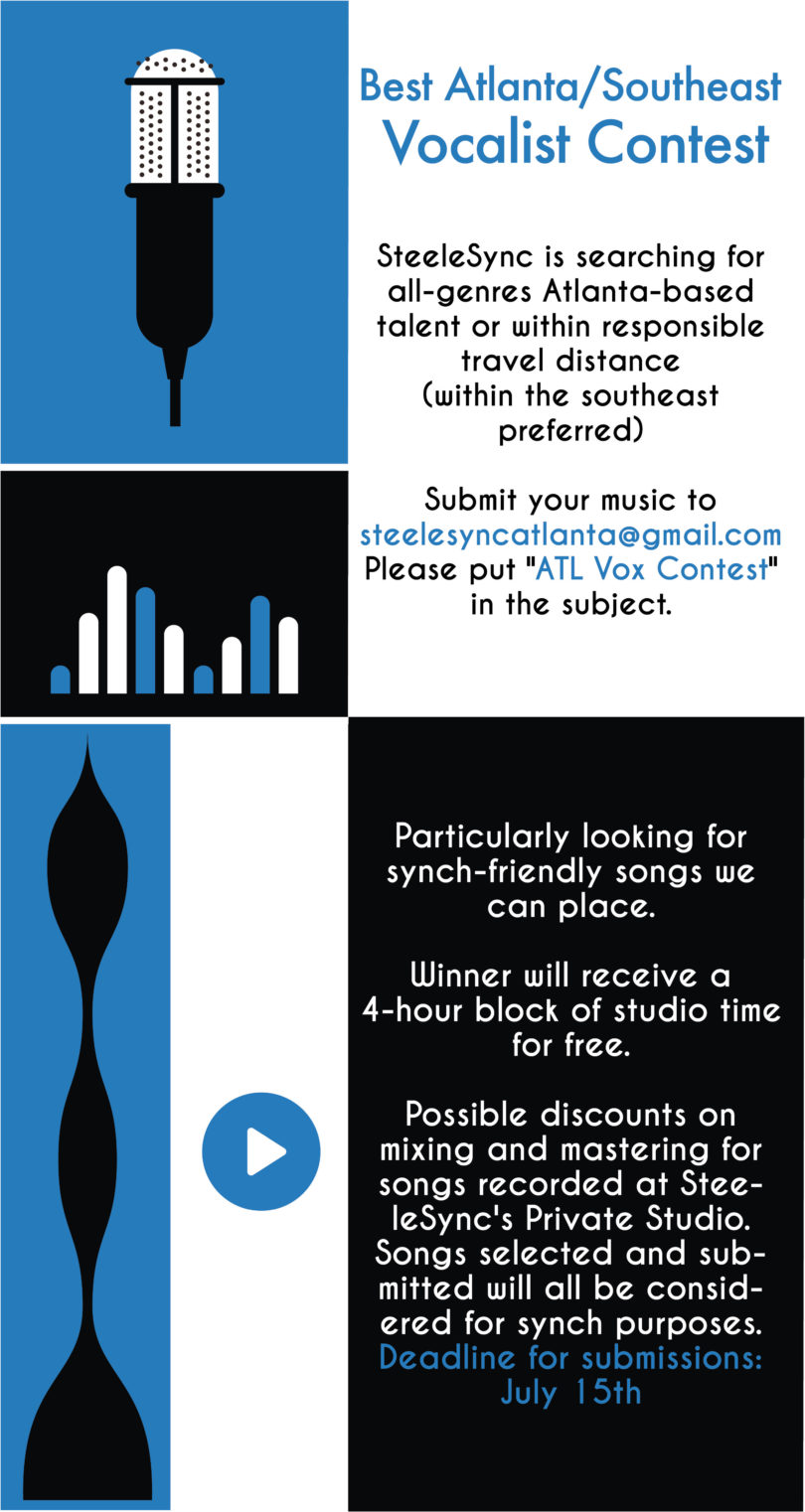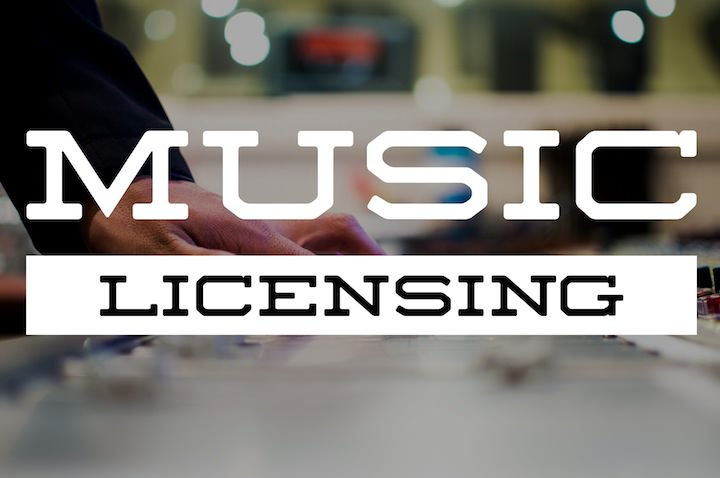Posted by adminsteele on March 27, 2013
written by Mathew Steele
Have an instrumental version of your songs available.
When in the post process the audio editor has more to work with if there is an instrumental version of the song. Sometimes having an instrumental under the dialog of a scene makes it easier to hear the dialog. Giving the audio editor this option makes it easier for him/her.
Get your songs professional mixed and mastered
With budgets shrinking across most platforms where music is licensed more and more indie music is being used. It’s important for the sonic quality to be close to what a major label’s record sounds like. Many indie songs might fit great for a cue but if the quality of the song isn’t where it needs to be they will run with a song from someone else instead. Have your song professional mixed and mastered might be the difference on landing a nice paying opening cue rather then it just being used as background music for just a few hundred dollars. Submit high-res (320kbps) mp3 files and have your 16-bit 44.1 .Wav files ready.
Have lyrics sheets available Submit them with your songs
Stay away from samples: If you song contains a sample the lesser chance it will be chosen for a project. Because it has a sample it means they have to pay both you and the owner of the sample to have it cleared for a project which these-days does NOT happen often.
Be sure to register as a writer and publisher with a PRO (ASCAP, BMI & SESAC) so you can collect the performance royalties if you song is placed. It will take at least 6-months, normally a year for these to start rolling in.
Metatag/ID3 tag your songs with genre, lyrics, emotion as well as composers full names and PRO, publishing companies, contact info & album cover. Check out the following youtube video to learn how to do so below. This is extremely important and when a music supervisor is digging through their catalog including your music it will be simply overlooked if it’s not tagged. Also be sure your album is entered in the Gracenote database.
http://www.youtube.com/watch?v=TQD3b1q5wOI
Know about the project your submitting to.
Take a look at what the music supervisor has placed in related films or tv shows. Pay attention with the kind of music used. If the project is being marketed toward a younger audience then classic rock wouldn’t be an ideal genre to submit.
Try reaching different people on the project.
A music supervisor on a project is just one of the people responsible with what is placed. Producers, directors, the music/sound editor, assistants or even sometimes the marketing executive also can influence the decision on what ends up being used.
Know when to submit to a project. If the movie is coming out in less than a couple months chances are it’s already too late to submit. The best time to submit music is when they first go into the post process which is after shooting. Certain cues the director or music supervisor will know in the filming process what they plan on using but most of the time the decisions all happen in post.
Do your research! If you are submitting for a film, watch other films the music supervisor and director worked on. Same thing goes for televisions, watch previous seasons or episodes.
Sign up with a http://www.imdb.com/ Pro account. It will give you contact info, industry directory, what projects are in production and much other information that isn’t publicly known. It will make your job easier to find which projects might be better to submit. It costs $125 a year.


